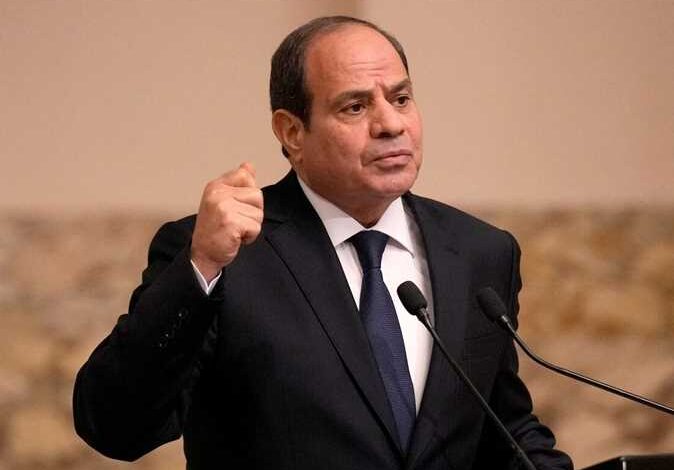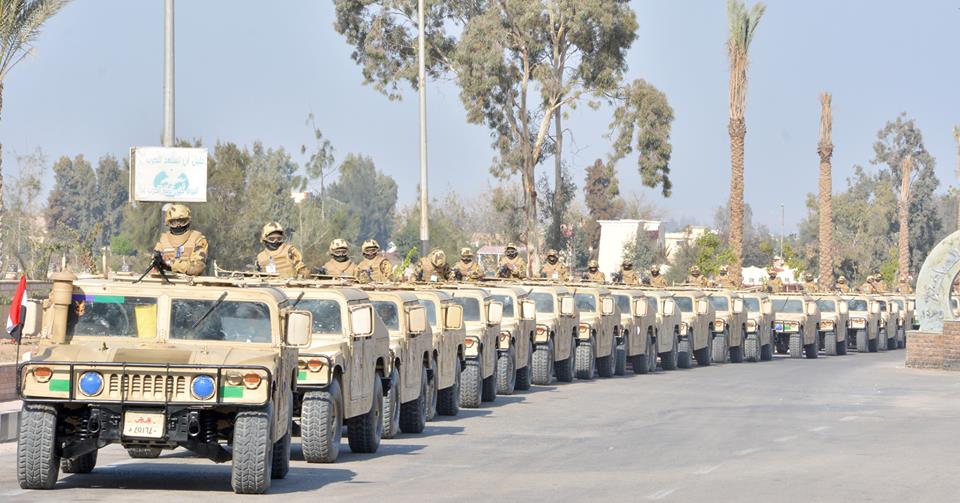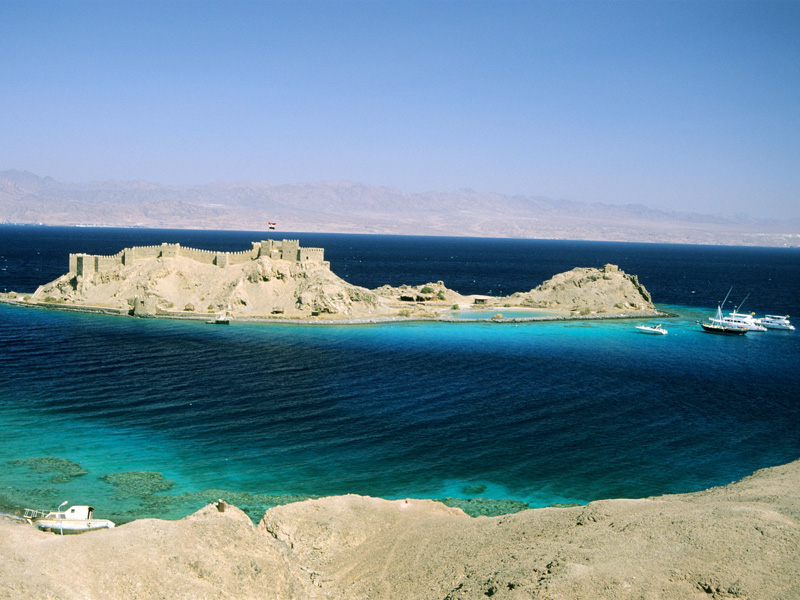
Egyptian President Abdel Fattah al-Sisi said on Sunday that Egypt will not stand idly by in the face of Ethiopia’s irresponsible approach over the Grand Ethiopian Renaissance Dam, and will take every necessary measure to protect its interests and water security.
Sisi’s remarks came during his speech at the opening of the 8th edition of “Cairo Water Week”, which kicked off under the theme: “Innovative Solutions for Climate Resilience and Water Sustainability.”
During his speech, he assured that, “By opting for diplomacy and resorting to international institutions, mainly the United Nations, Egypt affirms that this choice was never a sign of weakness or retreat. It is instead an expression of a strong position, a mature vision, and a deep belief that dialogue is the best path, and cooperation the most effective way to achieve the interests of all Nile Basin countries, without exposing any of them to danger.”
“After a few days of the inauguration of the Ethiopian dam, actual evidence proved the validity of our demand for a legally binding agreement among its parties to regulate the operation of this dam,” Sisi added.
“In the past few days, Ethiopia, through its undisciplined management of the dam, has caused damage to the two downstream countries, due to irregular flows, which were released without any notification or coordination with the downstream countries.”
“This makes it imperative for the international community in general, and the African continent in particular, to confront such reckless actions by the Ethiopian administration and ensure the regulation of water release from the dam, in the event of drought and flooding, within the framework of the agreement sought by the two downstream countries.”
“This is the only way to achieve balance between the tangible development of the upstream countries and avoiding harm to the downstream countries,” he stressed.
The eighth edition of Cairo Water Week saw broad participation from ministers, decision-makers, international experts, representatives of international organizations, the private sector, and civil society.




